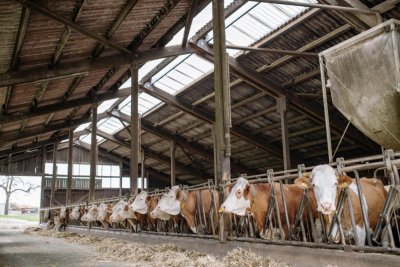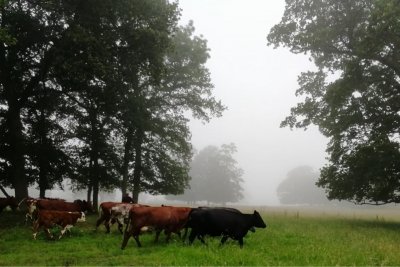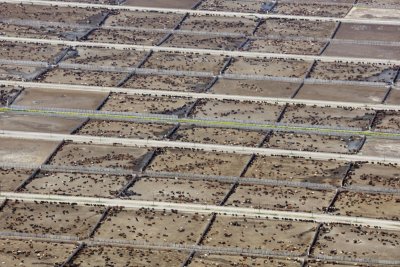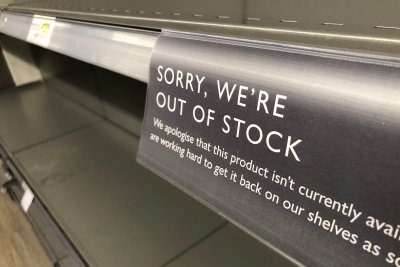News • Good Food Trade Campaign
How will post-Brexit trade deals affect UK food standards?
Sustain’s Kath Dalmeny; trade law specialist Emily Lydgate and economist Marco Springmann discuss: What will be the impact of Britain’s withdrawal from the EU on food standards in the UK? in this Food Matters Live podcast

The following introductory text is edited from the Food Matters Live website, hosted by Stefan Gates. Visit Food Matters Live to hear this podcast. Food Matters Live connects thousands of industry professionals with key change-makers in food, drink and nutrition.
When the Brexit referendum was held, trade was trumpeted as a great benefit. No longer would the UK be constrained by EU deals; the country could sign trade agreements with whomever it wanted.
Almost immediately, concerns were raised about the effect on food standards, food quality and animal welfare. Consumers and farmers would suffer, it was said. Well, several years on, those trade deals are slowly emerging, and the warnings have returned.
A recent focus has been the big trade deal signed with Australia, which eliminates tariffs on a vast range of products, including lamb, beef, sugar, and dairy. The Australia deal was the first to be built from scratch, most others have rolled over from what the UK had when it was in the EU, or in some cases deals have been slightly extended.
Read Sustain’s key questions about the Australia trade deal
Read research conducted by the LSE, commissioned by Sustain, looking at the impact on children's health of trade deals
The brand-newness of the Australia deal makes it significant. But how big a deal is it and how significant is the food and farming sector within it? Critics say the Australia deal is bad news for British agriculture and environmental standards. The UK Government says it will unlock billions in additional trade, and boost wages across the country.
The policy paper from government said, “Imports will still have to meet the same food safety and biosecurity standards as they did before. For the UK this means, for example, that imports of hormone-treated beef will continue to be banned.”
And it’s not just food standards that people are worried about. The RSPCA says the UK has higher legal animal welfare standards than Australia in virtually every area. The National Farmers Union has warned that UK producers cannot compete with Australia’s vast cattle and sheep stations.
So where does the truth lie? And what might the real impact of post-Brexit trade deals be on the UK food sector?
Hosted by Stefan Gates, this podcast is in the form of a discussion between:
- Dr Marco Springmann, Senior Researcher, Nuffield Department of Population Health, Oxford Martin School
- Kath Dalmeny, Chief Executive, Sustain: The alliance for better food and farming
- Emily Lydgate, Deputy Director, UK Trade Policy Observatory
Published Monday 18 July 2022
Good Food Trade Campaign: Campaigning for good trade that benefits people and the planet at home and overseas.





